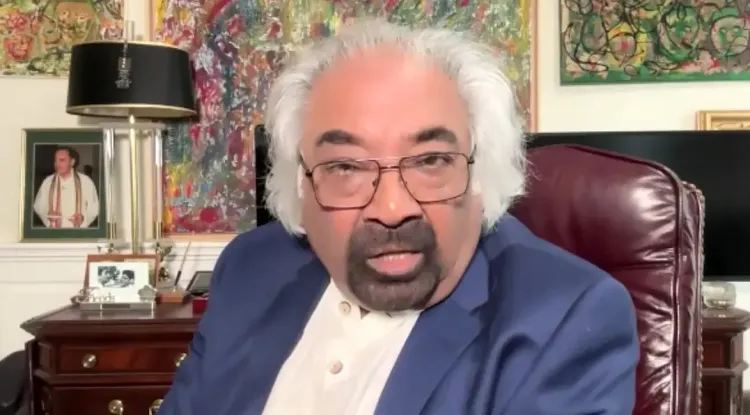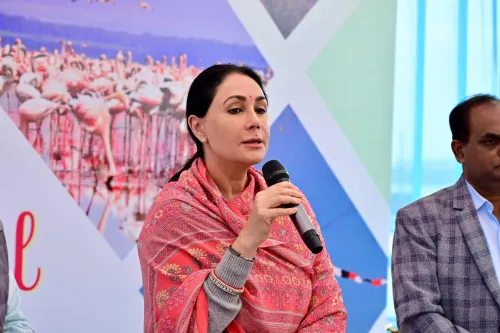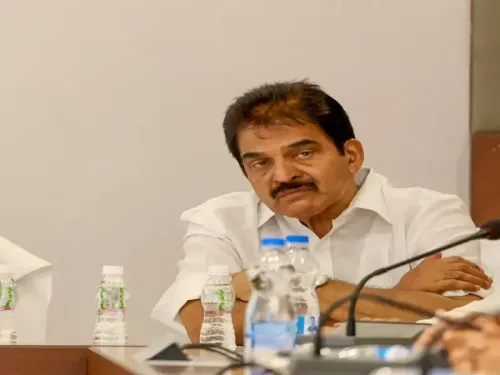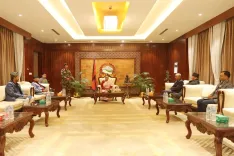Why Should We Avoid Conflict Even in the Face of Terrorism?

Synopsis
Key Takeaways
- Modi's government is viewed as less conciliatory.
- Dialogue is essential to address terrorism.
- Historical context shapes current relations.
- Shared cultural heritage exists despite conflicts.
- Security remains a top priority for India.
New Delhi, Sep 19 (NationPress) Leaders from Pakistan have described India’s current stance, spearheaded by Prime Minister Narendra Modi, as significantly less conciliatory than the diplomatic approaches during the Congress era.
Sam Pitroda, president of the Indian Overseas Congress, famously stated, “felt at home in Pakistan” during his interview with IANS, highlighting how the Grand Old Party of India sought to create a welcoming environment for Islamabad, even amid severe security threats.
In an exclusive conversation with IANS, he acknowledges, “Certainly there is violence; without a doubt, there is terrorism; all of that exists,” yet he insists, “there’s no justification for confrontation.”
This statement comes at a crucial moment, as India has heightened security measures at its borders in response to escalating violence in the region.
The former technocrat’s remarks to IANS seem to resonate with earlier comments by former Pakistani Prime Minister Nawaz Sharif, Asif Ali Zardari, and former foreign ministers Shah Mehmood Qureshi and Khurshid Kasuri.
All of them have expressed regret over the lack of a Congress-led government in New Delhi since 2014.
While engaging with IANS, Pitroda refers to a “common gene pool” in the neighborhood, stating, “I’ve been to Pakistan, and I must say, I felt at home…”
In the interview, he overlooks fundamental diplomatic principles and the necessity of ensuring the nation’s safety and security, focusing instead on a “gene pool” characterized by shared physical traits, customs, and musical preferences.
In 1971, it was Prime Minister Indira Gandhi, a Congress leader, who chose to assist East Pakistan in its fight against the oppression imposed by their rulers in Islamabad. At that time, the idea of a common gene pool was absent.
This was also true in 2008, when Pakistan-based terrorists ruthlessly killed innocents in Mumbai, and in the recent attack in Pahalgam.
Throughout the years, there have been numerous assaults by terror organizations operating from Pakistan.
During his discussion with IANS, Pitroda neglects to mention these significant events. He also disregards the persecution of minorities across India’s borders—both to the east and west—where the notion of a “common gene pool” does not apply.
What seemed to concern him was that India has finally responded to Islamabad in a manner it comprehends—through the use of military strength.










